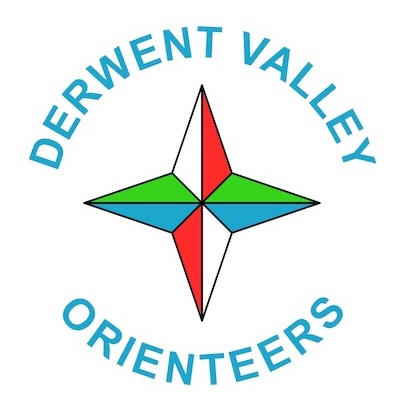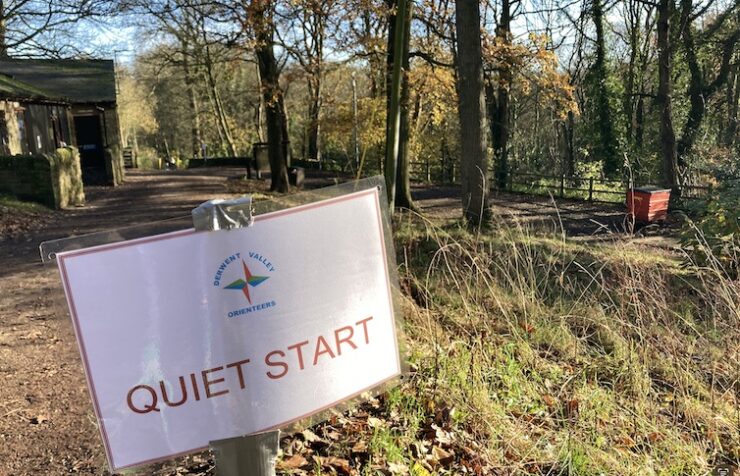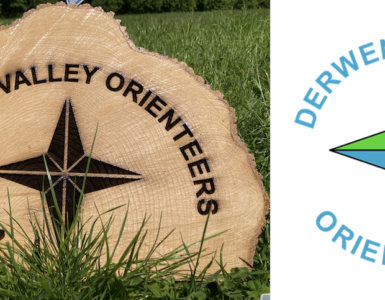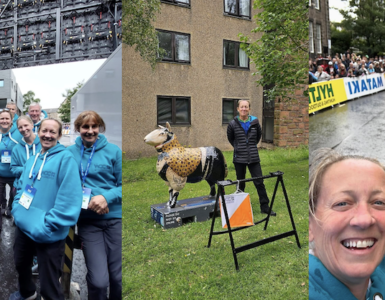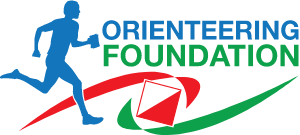This summary was presented by Jane Kayley Burgess at the Club’s AGM
[Editor’s note – we’ve been approached by other clubs about this, so it’s good to see that awareness is spreading.]
This is part update/part scene setting for those of who don’t know anything about what I’ve been trying to do. In April this year an article in CompassSport was brought to my attention by the wife of a friend with autism. A number of you may have seen it. It was written by an orienteer from BASOC called Gemma Karatay and she is autistic. She is in her early 40s and has only recently received a diagnosis.
In the article, Gemma describes a normal event with all the noise, chatter, confined spaces, small mistakes in the final details, the control descriptions and maps and the last-minute changes that we expect, and most of us forgive in a competition run by volunteers, even at a high level. Gemma loves to orienteer (and she is very good) but finds the busyness and the noise a real distraction, so much so that by the time she gets to the start, she can barely make sense of her map. She hates misinformation and finds it hard to process. Likewise mistakes or assumptions.
At some events, Gemma has been so stressed even finding the car park that she has turned around and driven home. She described to me recently an event where she finished a race and ‘hid in the bushes’ until she had regained enough composure to go to download. Her senses had become so overloaded that she just had to get away.
In the article, Gemma goes on to describe another event. She has pre-entered (didn’t need to go near the crowded assembly) and there’s a quiet car park where she can recompose herself after the drive to the event. There is a quiet warm-up area, which was also used by people who don’t want to be sharing the details of last week’s run with everyone they know. She has let the organiser know she’s coming and has been given a start time in a quiet period so that she’s the only person on her minute in the start box. The final details have told her it’s 750m to the start and she has worked out how long that will take her. She gets frustrated when an organiser tells her how long it will take (rather than a distance) as they can’t possibly know how fast she walks. Gemma has a great run. The only problem is that this event is fictitious. This is how Gemma dreams of an event being.
Gemma doesn’t have a mental illness. Her brain is wired differently to a neurotypical person and it processes things differently. One of the processing differences for (and it is different for every autistic person) means that noises are overly loud. The overstimulation in her brain of people talking, the start clock beeping, dogs barking, cars reversing and even waterproof coats rustling can build up so that she just has to take herself away. Autism can affect any or all of the senses which can be over or under stimulated and both can cause acute stress.
We know that our sport attracts a lot of people who have autism or other neurodiverse conditions yet, as a sport, we do very little to help them have the best run they can.
Recognising this, and that there is a way to help, has got me doing some homework on autism. Helped by Gemma I’ve read books, watched videos and listened to radio programmes by autistic people for autistic people or those who want to understand more about autism. I’m currently doing a college qualification in understanding autism. It’s a lot of work but it’s eye-opening for me.
I’m in quite regular correspondence with Gemma, have spoken to organisers at events which Gemma has reported as helping her greatly and have met with Louise Satherley, the Diversity and Inclusion manager at British Orienteering. On Monday night I attended a BOF webinar on diversity and inclusion. There were five people presenting and three participants. Louise doesn’t care that there were only three of us. She recognises that we are early in our journey to be seen as inclusive.
She said something very interesting when we met. If a black teenager had looked at premiership football thirty years ago they would have thought ‘there’s no one here that looks like me’. Now look at premiership football. It just takes one or two people to look like you and you might be tempted to give it a try. Studies show that psychological and social barriers are much more of a turn off to people entering a sport than financial barriers.
Sal Chaffey and Chris Millard, amongst others, have done some work this year on trying to attract people from minority groups, whether that’s racial minorities, financially disadvantaged people or people who have come to the UK to escape terror in their own countries. I would like to see us build on the great work they have done, to help to make us look and feel like a club that is consciously inclusive. We can’t do everything for everyone every time but we can look like a club that would welcome a question and give back a positive answer.
Because I’m still learning, I’ve started slowly with autism, with the great help of the start team, an organiser and the car parking team. We don’t have a huge banner that says ‘Autistic people this way’ for all sorts of reasons, not least because a huge number of autistic people don’t know they are autistic. What we do have are signs that direct people (any people) to a quiet parking area if they want it and we mention it on the website in the event details. Likewise we offer a quiet start (again on the website) where, if asked, the start team will provide a blank map and control descriptions so that competitors don’t have to stand listening to chatter and the clock beeping loudly.
We have had a few use the quiet car park and no one has yet asked for a quiet start. But it doesn’t matter. What matters is that people are noticing, and commenting, and word will get out that DVO make an effort for people with autism. In the most part we will rely on someone contacting the organiser and saying ‘Can you tell me if you have a quiet area to park and is there somewhere I can warm up?’ and we need to show signs that we are willing to listen and respond. Gemma did that at the VHI a few weeks ago and got a tremendous response.
So what next?
Louise is doing a case study on Longshaw for us, which will be published in the BOF newsletter. This will raise awareness for us. I would like us to develop some guidelines for organisers and planners of things to look for to make autistic people feel more comfortable. I’m not talking about huge, volunteer gobbling things as it is mostly about being aware of what we can do for almost no effort. I would like to encourage more people with autism to come forward and tell us what would help them, such as running non-compeititively and build these small differences into our club psyche. Gemma says that since ‘coming out’ as autistic, her club have been amazing and she feels now she doesn’t have to use all her coping strategies; she can ask for help.
Working with Louise has made me think differently about attracting new people. It’s not about the numbers. We are very lucky and have a healthy club and we are a healthy sport. Autism is one area where we can make a difference and it’s a starting place for us. There is so much we can do, but more of that another day.
